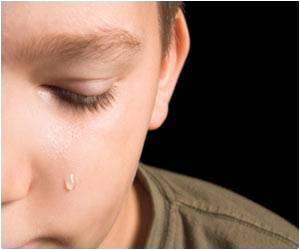Globally, the number has surged to more than 5.2 million, revealed the study.
Calculations of estimated orphanhood cases per capita showed the highest rates were in Peru and South Africa, with 8 and 7 out of every 1,000 children affected, respectively.
“We estimate that for every person reported to have died as a result of the Covid-19 pandemic, one child is left orphaned or loses a caregiver. That is the equivalent of one child every six seconds facing a heightened risk of lifelong adversity unless given appropriate support in time,” said lead author Dr Susan Hillis, from the US Centers for Disease Control and Prevention (CDC).
Before the Covid pandemic, there were an estimated 140 million orphaned children worldwide. And in July 2021, the first estimate of Covid’s impact on orphanhood was 1.5 million children between March 2020 and April 2021.
Yet, these may not be the real numbers. According to Dr Juliette Unwin, lead author from Imperial College London (UK), the real estimates are likely to be 10 times higher than what is currently being reported.
“Sadly, as high as our estimates of orphanhood and caregiver deaths are, they are likely to be underestimated, and we expect these numbers to grow as more global data on Covid-19 deaths becomes available,” Unwin said.
“Real-time updated data suggests the true totals reached 6.7 million children as of January 2022. While our current study looked at estimates through October 2021, the pandemic is still raging worldwide, which means Covid-19 related orphanhood will also continue to surge,” she noted.
The global study suggests that two out of three children orphaned from Covid are adolescents aged 10 to 17 years.
Further, in line with evidence that Covid deaths disproportionately affected men, three out of four children worldwide lost their father.
Overall, children who experience the loss of a caregiver have an increased risk of poverty, exploitation and sexual violence or abuse, HIV infection, mental health challenges and severe distress, and in some contexts, increased vulnerability to gang involvement and violent extremism.
The researchers call for evidence-based programmes for children experiencing orphanhood to be urgently incorporated into pandemic response efforts, including programs that support economic strengthening, enhanced community and family support, and programs that avoid placing children in institutional care.
Source: IANS



